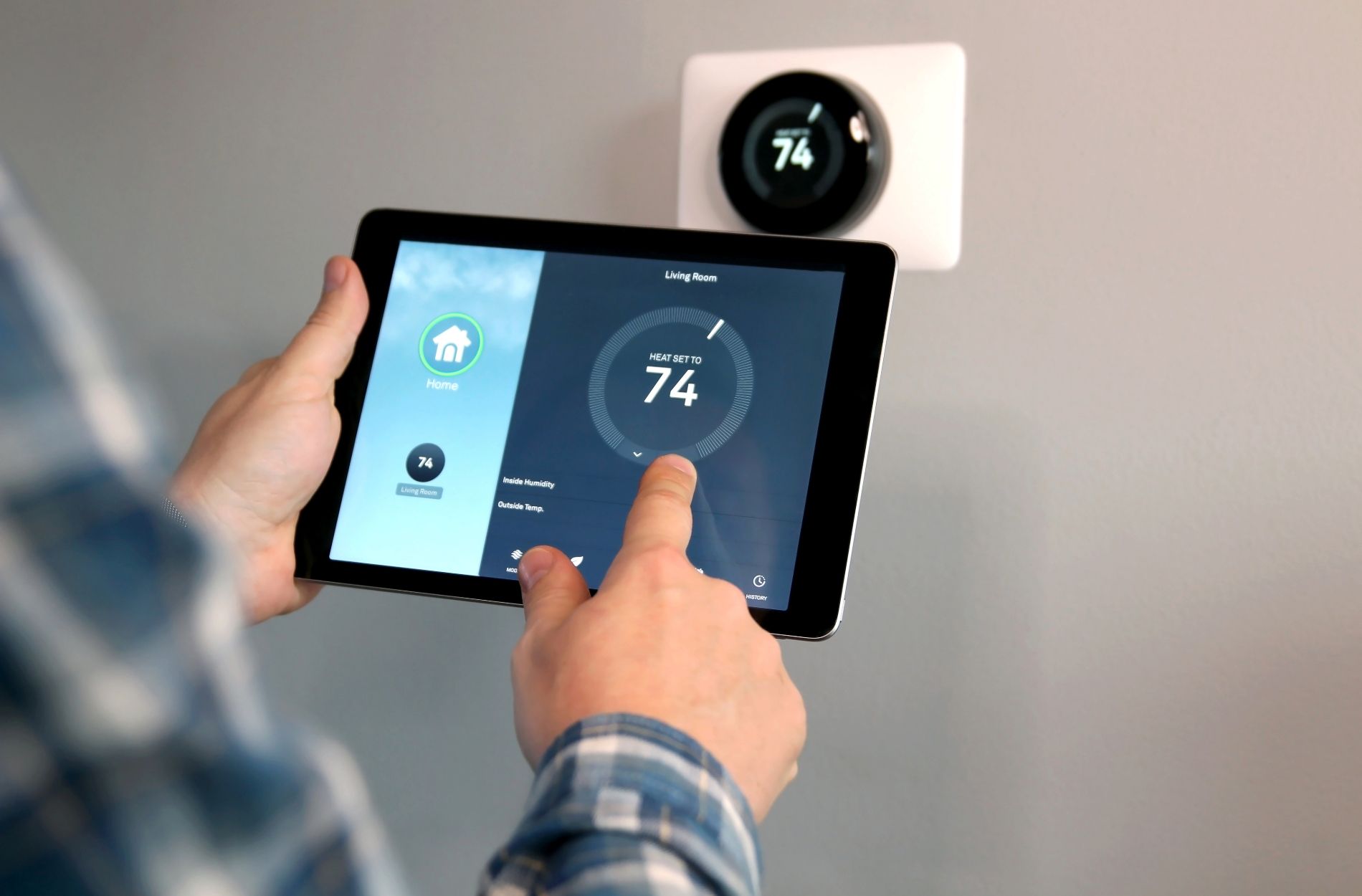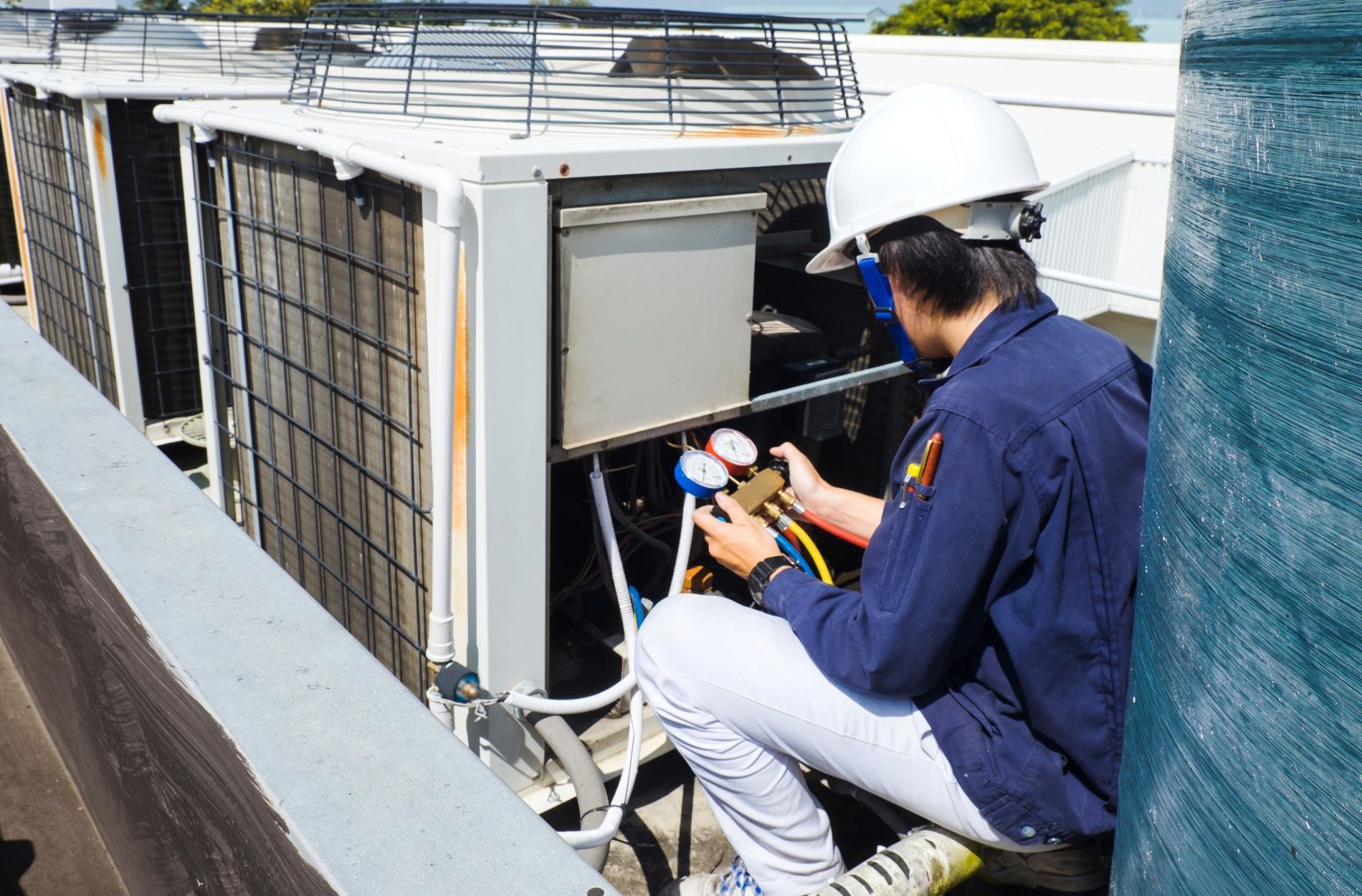Choose the Right HVAC for Your Home
When choosing a new HVAC system for your home, the decision can feel overwhelming. With numerous options on the market, how do you know which one is the best fit for your space and your budget? Many factors come into play, from understanding different types of systems to considering energy efficiency and the size of your home.
In this article, we will explain what you need to consider before selecting the types of HVAC systems available, how to determine the correct size for your home, and the advantages of choosing energy-efficient models. With our expert advice, you will be equipped to make a decision that ensures comfort and long-term savings.
Key Factors to Consider Before Choosing an HVAC System
When you are ready to invest in a new HVAC system, it’s crucial to consider several key factors to ensure you select the best system for your home. First and foremost, think about the climate in your area. If you live in a region with extremely hot summers or frigid winters, your HVAC needs will greatly differ from someone in a more temperate climate. Secondly, the energy efficiency of the system must be considered. A more efficient system may cost more upfront but can save you money on your utility bills in the long run.
Another important factor is the size of your home. The capacity of the HVAC system needs to be appropriate for the size of your space to maintain a comfortable temperature efficiently. Additionally, think about the features you might want, such as programmable thermostats or smart home compatibility, which can offer enhanced convenience and further energy savings. Lastly, compatibility with existing systems should be assessed. Ensure the new system can integrate well with what you already have in your home, whether it pertains to ductwork, electrical setups, or other infrastructure.
Types of HVAC Systems Explained
There are several types of HVAC systems available, each with its own set of benefits and best-use scenarios. Here’s a breakdown of the most common ones:
1. Central Air Conditioners: These are the most prevalent in larger homes because they can efficiently cool multiple rooms at once. They require a system of ducts to distribute air throughout the home.
2. Heat Pumps: Heat pumps are versatile systems that provide both heating and cooling. They are especially efficient in climates that do not experience extreme temperatures. During warmer months, heat pumps work like traditional air conditioners, and in colder months, they reverse this process to provide heat.
3. Ductless Mini-Split Systems: Perfect for homes without ductwork, these units are installed directly into the areas of the home that require heating or cooling. They are great for adding air conditioning to additions or specific rooms without needing to install new ducts.
4. Furnaces: Typically powered by natural gas, propane, or electricity, furnaces are a common heating option. They work by blowing heated air through ducts. Furnaces are essential in colder climates, providing reliable and powerful heating.
Each system has its unique setup, energy efficiency levels, and maintenance requirements. Assess your home’s specific needs and consult with a professional to determine which type of HVAC system will work best for you. This guidance can help ensure that your home maintains a comfortable climate efficiently and effectively.
How to Determine the Right Size of HVAC for Your Home
Selecting the right size for your HVAC system is critical for ensuring optimal comfort, efficiency, and longevity. A unit that's too large will cycle on and off too frequently, reducing its efficiency and wearing down its components quickly. Conversely, a unit that’s too small won’t be able to adequately heat or cool your home, especially during extreme weather conditions, leading to continuous running and excessive energy consumption.
To determine the correct size, we first consider the square footage of the area that needs conditioning. Other factors such as ceiling height, window size and exposure, insulation quality, and even the number of inhabitants influence the heating and cooling requirements. We use a calculation based on these factors known as a Manual J Load calculation, ensuring that the HVAC system we recommend is perfectly tailored to your home’s specific needs.
Benefits of Investing in Energy-Efficient HVAC Models
Investing in energy-efficient HVAC models is becoming a priority for many homeowners, and for good reason. These systems consume less energy, which reduces utility bills significantly over time—an appealing benefit that also aligns with environmental conservation efforts. Energy-efficient models often include advanced technologies like variable speed motors, smart thermostats, and better insulation, which contribute to enhanced performance and reduced operational noise.
Moreover, many local governments offer rebates and incentives for homeowners who decide to install energy-efficient HVAC systems. These incentives not only help offset the initial purchase cost but also advocate for a shift towards more sustainable energy solutions. As we keep embracing green technologies, the impact on reducing overall carbon footprints becomes a considerable added value for anyone looking to upgrade their home systems.
Conclusion
Choosing the right HVAC system for your home is an important decision that affects your comfort, your energy consumption, and even your health. From understanding the different types of HVAC systems available to determining the right size and recognizing the benefits of energy-efficient models, there is much to consider. Remember, what works best for one home may not be suitable for another; it’s about finding the perfect fit for your specific needs.
We at Anytime Heating & Air are committed to assisting you every step of the way. Our experienced technicians are ready to provide expert advice tailored to your home’s specific requirements and help you select the optimal HVAC system. Contact us today if you are considering upgrading or installing a new HVAC system. Let us help you make your home cozy and efficient, regardless of season, with our expert
HVAC installation services and more!


